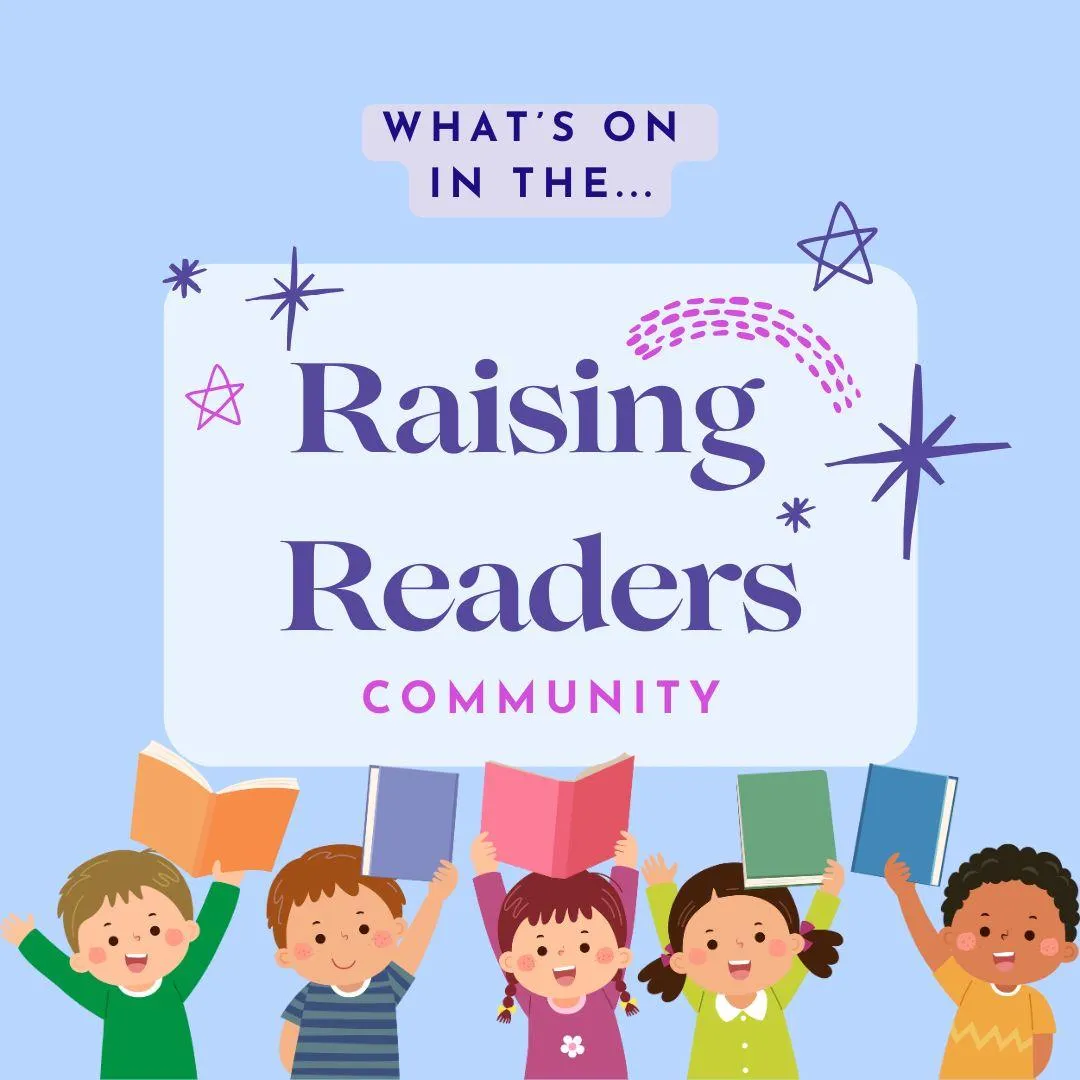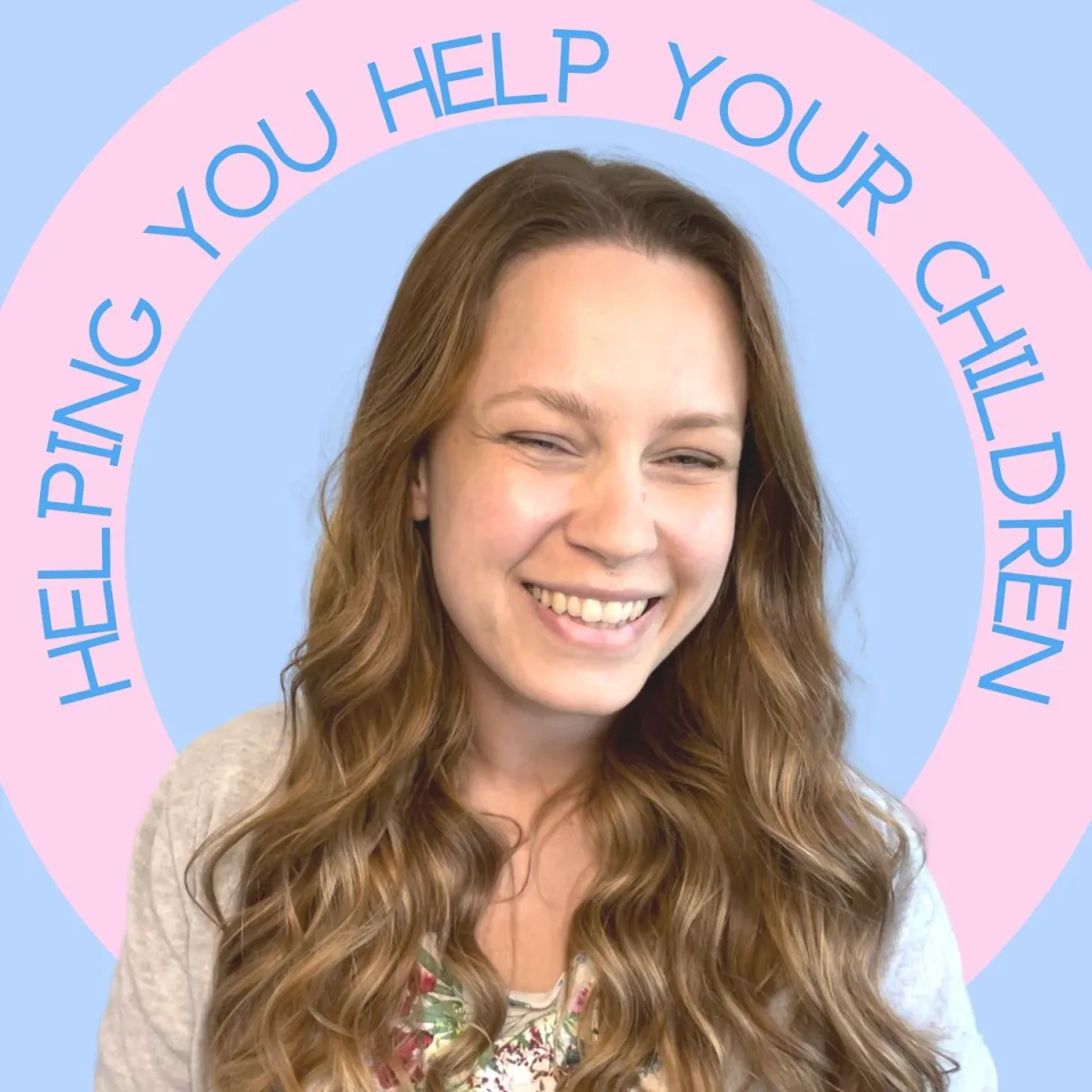Get my weekly newsletter, full of loads of tips and tricks to support your child's reading
When Phonics Works
A brief look at where phonics DOES work - even when people want you to believe otherwise!
So recently, I came across a paragraph that was being used as an example of 'why phonics doesn't work'.

This winds me up, let me show you why…
They've taken a piece with a lot of different variations of 'ea' and different ways it can be sounded out. From the outside, this looks like phonics is overly complicated and doesn't work. It looks intimidating and scary and it's designed to. It's designed to make people say 'oh, phonics doesn't work'.
Now, before I really get into this, I do want to preface it by saying that if you're only using synthetic phonics and nothing else, you're right, kids will learn to read words but not understand them - which isn't great - but shockingly enough, kids don't exist in a vacuum and we're all still encouraging comprehension, guided reading and reading to your kids - insert eye roll here.
However, let's assume, just for today, that we're only looking at reading and decoding words. Here's the break down of the same passage, looking at all the areas where phonics DOES work (from what our kids have learned by the end of Year 2 - roughly aged 7-8).

Let's break it down further… Highlighted in Green are all the sounds our kids learn by the end of Reception (not that any child would be reading a paragraph like this…). Red are all the tricky words they're taught.

And for year 1 (not a huge change, but several new sounds can be worked out accurately)-

And for Year 2 (some words are now taught as 'tricky' words, hence their change in colour) -

Now, at the end of Year 2, children are able to read 26/32 words from this very overly complicated paragraph accurately, through working them out on their own. That's not to mention that both 'ocean' and 'earth' are learned in Year 3. So the words that are not explicitly taught or worked out through phonics are: bureau, pageant, caveat, their, review. How many of those do you use regularly?
'their', I will accept is a common word (so much so that I find it very surprising that it's not taught as a tricky word, but it is taught as part of spelling lessons - their, there, they're), and maybe our kids are reading and writing 'reviews' (which has 1 letter that can't be decoded), but the others? Unless you're writing essays, or work in the government, how often can you say these words come up?
And finally, let's think about the alternative. How else do we want our kids to learn these words? The other, most prevalent option that I constantly see being advocated for is the 'whole word reading', where kids have to learn each of these words individually. How is that better?? How does that enable our kids to become confident, independent readers??
Instead, it requires our kids to stop and ask every time they come across a word they don't know, at least until they become competent enough to work words out from context (something teachers of phonics also actively encourage, shockingly enough). Not only that, but it's considerably harder for those of us with Dyslexia, who struggle to recognise words as a whole. For these people (myself included), phonics gives you a structure to reading, enabling you to break the words down and work them out bit by bit, rather than throwing words at you and expecting you to know them.
Ultimately, all I want to say in this blog is - when you hear about phonics not working - look a little deeper at why people say it doesn't work. There ARE problems with ONLY using phonics to teach kids to read, but the truth is, we (teachers and parents) are NOT JUST USING PHONICS. We're only using it as the foundation upon which we can support our kids to become confident, independent readers.
The Primary Educator 2024 | Privacy Policy | Terms and Conditions
© 2024 The Primary Educator. All rights reserved.


Facebook
Instagram
Youtube